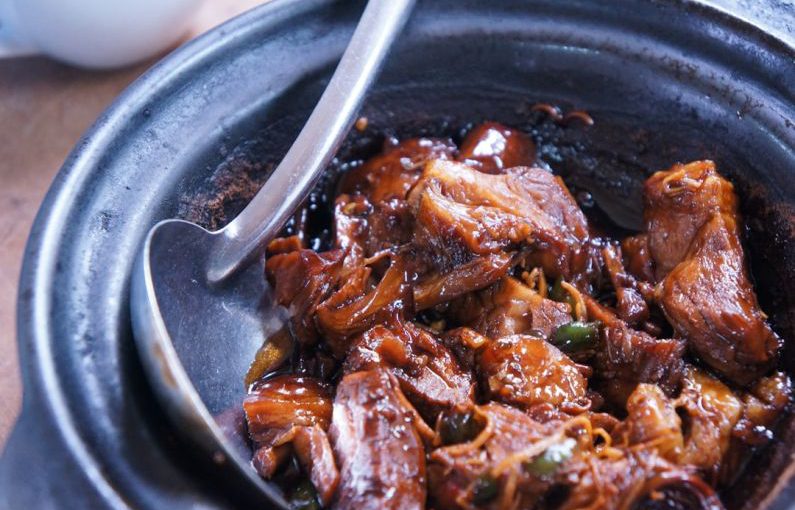In the vibrant world of Ayurveda, food is not merely sustenance but also a powerful medicine that plays a crucial role in maintaining overall well-being. The ancient Indian practice of Ayurveda emphasizes the importance of balance in all aspects of life, including diet. Ayurvedic cuisine is not just about flavors and textures; it is a holistic approach to cooking that considers the unique needs of each individual’s body and mind. Let’s delve into the fascinating realm of Ayurvedic culinary arts and explore how this ancient wisdom can transform the way we nourish ourselves.
Understanding the Doshas
At the core of Ayurvedic cooking is the concept of doshas – Vata, Pitta, and Kapha. These doshas represent the three fundamental energies that govern our physical and mental processes. Each individual has a unique constitution, or prakriti, which is determined by the predominant dosha or doshas in their body. By understanding our doshic balance, we can make informed choices about the foods we consume to maintain harmony and prevent imbalances that lead to disease.
Cooking for Balance
Ayurvedic cooking is all about striking a balance between the six tastes – sweet, sour, salty, pungent, bitter, and astringent. Each taste corresponds to a specific dosha and has a different effect on the body. For example, sweet, sour, and salty tastes pacify Vata dosha, while pungent, bitter, and astringent tastes balance Kapha dosha. By including all six tastes in our meals, we can ensure that all doshas are kept in check and our digestion remains strong.
The Importance of Fresh Ingredients
In Ayurveda, the quality of ingredients is of utmost importance. Fresh, seasonal, and locally sourced ingredients are preferred as they contain the highest prana, or life force. Processed and canned foods, on the other hand, are considered devoid of prana and can disrupt the body’s natural balance. Ayurvedic cooking encourages us to connect with the earth and the seasons, honoring the natural rhythms of life through the food we eat.
Cooking Methods and Spices
Ayurvedic cuisine employs a variety of cooking methods and spices to enhance the nutritional value and digestibility of food. Slow cooking methods like steaming, simmering, and stewing are favored as they help preserve the vital nutrients in the ingredients. Spices such as turmeric, cumin, coriander, and ginger are used not just for flavor but also for their medicinal properties. Each spice has a specific effect on the doshas and can be tailored to individual constitutions to promote balance and healing.
Mindful Eating Practices
In Ayurveda, the act of eating is considered a sacred ritual that should be approached with mindfulness and gratitude. Mindful eating practices such as chewing food thoroughly, eating in a calm environment, and savoring each bite help improve digestion and absorption of nutrients. Ayurvedic teachings also suggest eating according to one’s hunger levels and avoiding overeating, as this can lead to digestive disturbances and imbalances in the doshas.
Nurturing Body and Soul
Ayurvedic cooking goes beyond nourishing the physical body; it also nurtures the soul. By preparing meals with love and intention, we infuse our food with positive energy that nourishes not just our bodies but also our minds and spirits. Cooking with awareness and gratitude allows us to connect deeply with the food we eat and the earth that sustains us, fostering a sense of harmony and well-being in our lives.
Embracing the Ayurvedic Way of Cooking
In a world where fast food and convenience meals have become the norm, the wisdom of Ayurvedic cooking offers a refreshing perspective on how we can nourish ourselves in a holistic and sustainable way. By embracing the principles of Ayurveda in our culinary practices, we not only support our physical health but also cultivate a deeper connection to ourselves and the world around us. Let us savor each meal as a gift from nature and a source of healing for body and soul.





